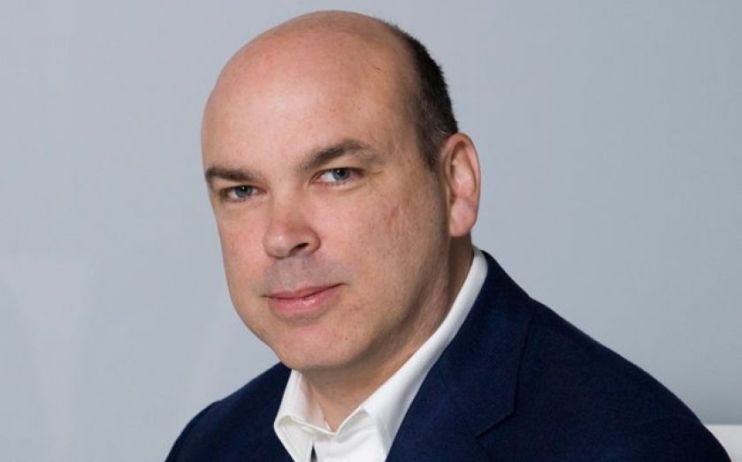HP wins civil case against UK tech tycoon Mike Lynch as extradition order looms

Hewlett-Packard has won the majority of its civil case against British tech tycoon Mike Lynch over its acquisition of Autonomy in 2011, a London judge said this morning, though damages will be considerably less than the £3.7bn claimed.
The American technology giant sued Lynch, Autonomy’s founder, and its former chief financial officer Sushovan Hussain, following its purchase of the Cambridge-based firm for £8.3bn in 2011.
HP claimed the two men “artificially inflated Autonomy’s reported revenues, revenue growth and gross margins”, claiming that Mr Lynch “committed a deliberate fraud over a sustained period of time” which it said forced it to announce an 8.8 billion dollar (£6.6 billion) write-down of the firm’s worth just over a year after its acquisition.
Mr Justice Hildyard delivered a summary of his conclusions this morning, more than two years after the start of what was believed to be the UK’s biggest civil fraud trial – which was heard over nine months in 2019.
In his judgment, he stated: “I am satisfied that in the case of each of the transactions impugned on this ground, the reason for Autonomy’s purchase was to enable the counterparty to purchase a licence for Autonomy software.”
“This would generate recognized revenue which Autonomy could show in its accounts to cover shortfalls in revenue for the relevant quarter. Thus, Autonomy’s purchase was another means of Autonomy buying recognised and reportable revenue at substantial cost. The purchase and sale should have been accounted for on a net basis.”
Hildyard added that he was satisfied that Lynch knew that these reciprocal or round-trip transactions were contrived with the dishonest purpose of artificially boosting apparent high margin software sales, resulting in “an exaggerated depiction of the success of Autonomy’s core business”.
Hewlett Packard Enterprise said in a statement this afternoon: ““Dr. Lynch and Mr. Hussain defrauded and deliberately misled the market and Hewlett-Packard. HPE is pleased that the Judge has held them accountable.”
Lynch’s lawyer, Kelwin Nicholls of Clifford Chance, said: “Today’s outcome is disappointing and Dr Lynch intends to appeal. We will study the full judgment over the coming weeks. We note the judge’s concerns over the reliability of some of HP’s witnesses. We also note the judge’s expectation that any loss suffered by HP will be substantially less than the $5billion claimed.”
The decision comes on the same day Home Secretary Priti Patel will have to reach a decision over whether to extradite Mr Lynch to the United States, where he is facing separate criminal proceedings over the sale of Autonomy, with a potential sentence of up to 20 years.
US authorities claim that Mr Lynch, who denies all charges against him, deliberately overstated the value of his business, which specialised in software to sort through large data sets.
On Wednesday, Ms Patel was given until midnight on Friday to decide on his extradition, after a High Court judge ruled against Mr Lynch’s legal challenge over a previously set deadline.
Ms Patel had wanted to consider Mr Justice Hildyard’s ruling on the High Court civil claim before making an extradition decision.
Lynch was central to the creation of DarkTrace , a cyber security firm that listed on the stock market last year. Lynch and his wife Angela Bacares own nearly 16 per cent of DarkTrace, according to Refinitiv data.
The 56-year-old’s doctoral thesis remains one of the most consulted at Cambridge University and his success, including the around $800m he made from his stake in Autonomy, elevated his position in Britain, giving him a place on government advisory boards.